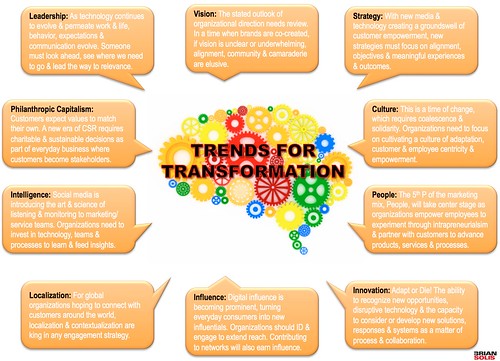Pause for a moment and reflect on the cumulative effect of the projects currently at play in Wisconsin: Common Core, RTI, PBIS, InTASC, SBAC, new district report cards, and a new educator evaluation system. Not to mention the fact that we are powering up these initiatives at a time of record-low revenue and depleted morale in Wisconsin.
All these initiatives are worthy—there is no question about
value or merit. However, to paraphrase Peter Drucker, culture eats projects
like these for breakfast, and without considerable attention to the softer-side
of organizations, our school districts will suffer and struggle to not only
implement but also realize any student-performance benefit from these
mass-scale reforms.
To a large extent, school leaders have little influence over
any of these projects; in a practical sense, they are mandates—from the top,
down. We must implement them, and we have trivial authority over the
particulars. While we have insignificant
influence over the actual reforms, we have substantial inspiration in how we
choose to implement them at the local level.
School leaders today have direct
affect on the climates in which these reforms come to fruition. If the quality
of our partnerships aren't strong, if we aren't in agreement about continuous
improvement, and if our vision isn't powerful and based on community values, these reforms aren't going to get very
far. No matter how innovative and
research-based these reforms are, they will fall short without powerful work at
the local level to inspire motivation, commitment, vision, and empathy.
For teacher leaders, building principals, district administrators, and board members, we now are fortunate to have this flash of clarity. Yes, the limelight is on top-down reform and the white-hot spotlight is directed at us, yet this affords us the opportunity to direct the action.
Ironic as it may be after decades of efforts to lobby huge and impersonal education legislation, we realize that our most influential efforts are best played
out on a local scale, with our own communities, on personal relationships and
collegial trust. So today, we shift to calling forth the gifts of kids and
colleagues, finding a way to let people’s light shine, and to go from
third-person, to first.























